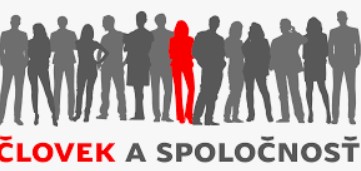ESS ROUND 10 FIELDWORK IN SLOVENIA IN TERMS OF COVID-19
ESS ROUND 10 FIELDWORK IN SLOVENIA IN TERMS OF COVID-19
Author(s): Slavko Kurdija, Tina VovkSubject(s): Security and defense, Methodology and research technology, Health and medicine and law
Published by: Spoločenskovedný ústav SAV, Slovenská akadémia vied
Keywords: European Social Survey (ESS); Covid-19 pandemic circumstances; Interviewing safety measures; Response rate; Data collection process;
Summary/Abstract: The article presents the circumstances of the fieldwork phase of the European Social Survey (ESS) round 10 in Slovenia, which took place during the Covid-19 pandemic in 2020 and 2021. It is an exceptional situation, making it very difficult to conduct a survey based on a personal interviewing approach, especially when any other solution was not viable. The national team was faced with several additional tasks related to carrying out fieldwork activities in exceptional circumstances. The article presents the dynamics of the epidemic in Slovenia and the necessary measures to conduct the survey. Two primary objectives were pursued: data quality assurance despite the aggravated circumstances, and ensuring the safety of respondents and interviewers from possible risk of contact. The first was ensured by using all available tools and approaches as under normal pre-pandemic circumstances; while for the second we introduced a series of measures that went beyond the national safety measures (which were in many ways similar to those in most European countries). The ensuring of risk-free contact and additional motivational training among interviewers, also played an influence on the first objective (the quality of the data); namely, no significant hesitation or fear of possible infection was perceived among the respondents during the fieldwork. One of the critical points that prevailed in the decision to start the fieldwork in early autumn 2020, was having at least two months of pleasant weather conditions, which allows a significant part of interviews to be conducted outdoor, which would significantly reduce the possibility of risky contacts between the interviewer and the respondent. The sharp deterioration of events with the outbreak of the second wave dictated that the survey had to be conducted in two batches. This posed some new implementation requirements for researchers. The results of the sample realisation of two fieldwork intervals and the outcome of the ESS in Slovenia – the first among ESS countries that successfully completed the fieldwork round 10 (ESS 2020) – are also presented.
Journal: Človek a spoločnosť
- Issue Year: 24/2021
- Issue No: 4
- Page Range: 39-46
- Page Count: 8
- Language: English

